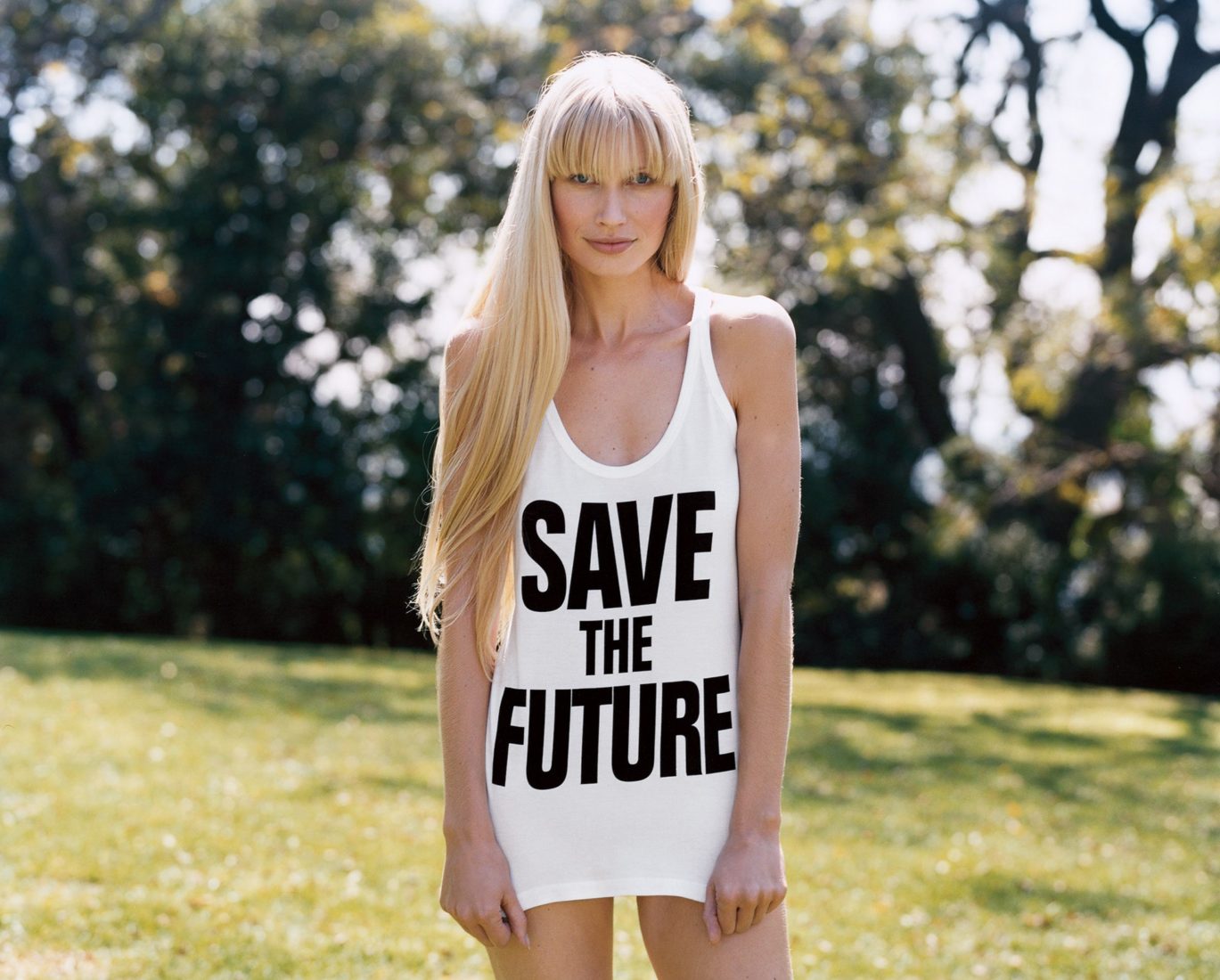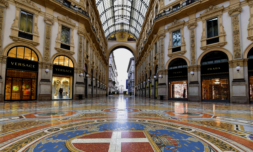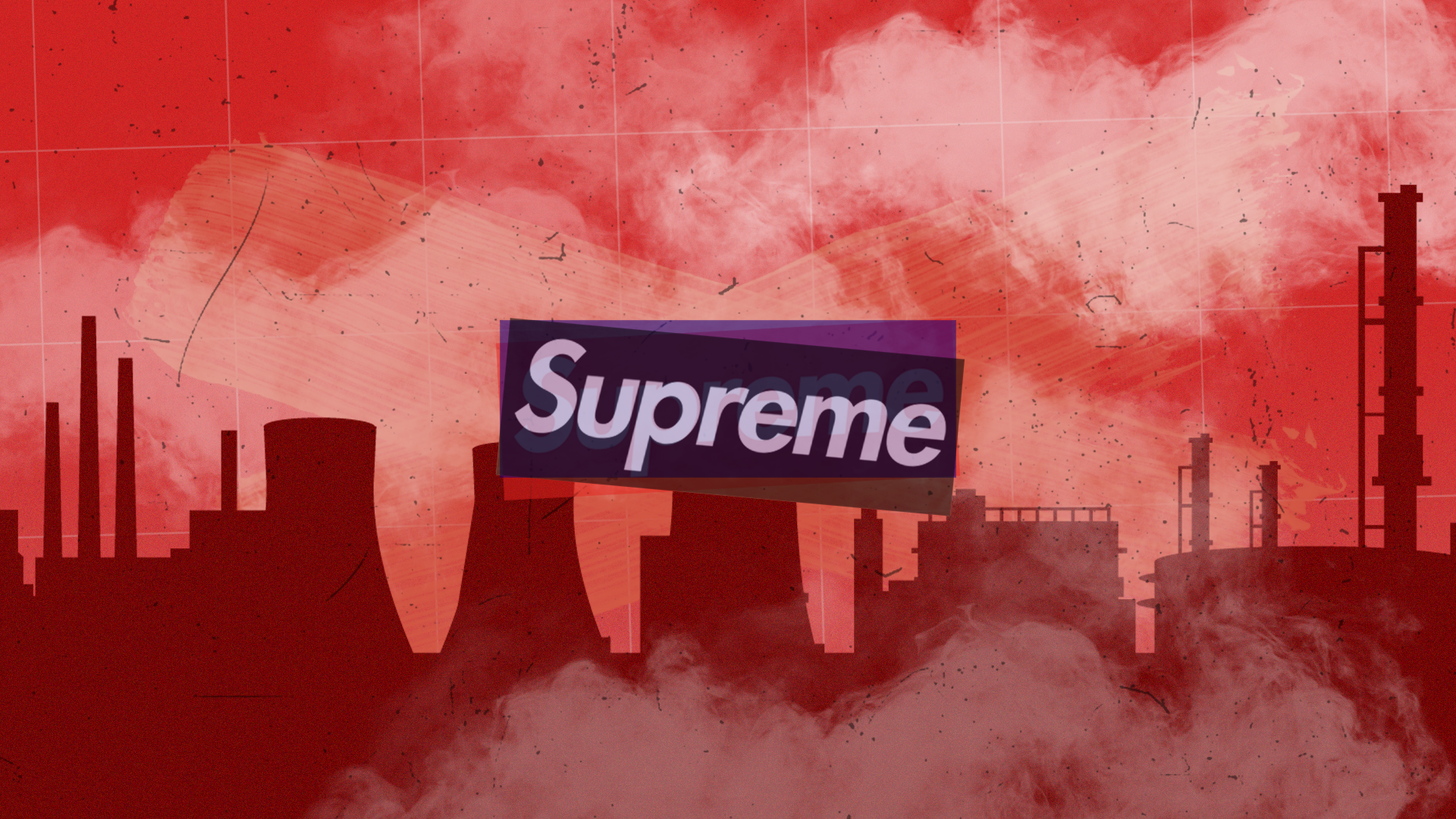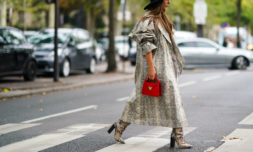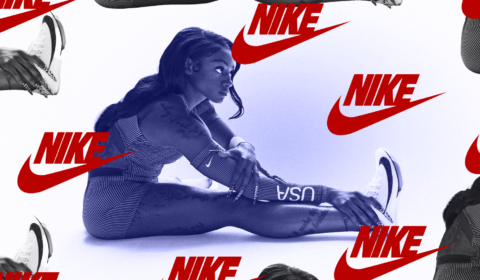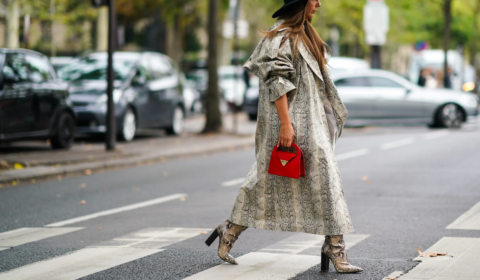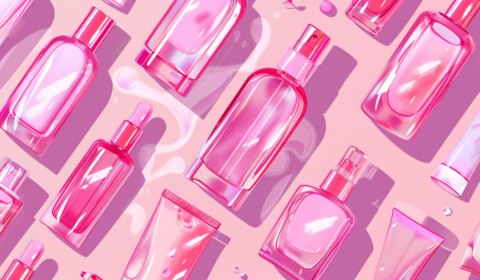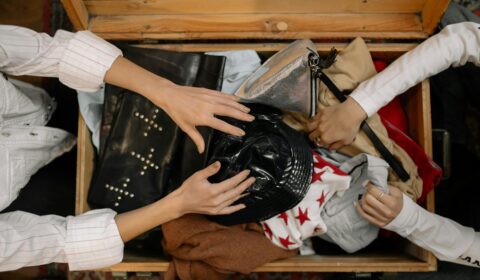Bringing fashion to a standstill, the pandemic is posing one question: with global consumerism in crisis for the time being, will the industry be forced into a sustainable future?
As an industry reliant on constantly updating lines, styles, and trends offered up every single season, fashion has always been an incredibly fast-paced industry, working at breakneck speed to meet consumer demands. Its requirement that the supply chain functions at an unhesitating rate has not been kind on the environment and, as is widely known, fashion’s enormous carbon dioxide emissions makes up for 10% of all annual statistics.
Given fashion’s focus on delivering an ever-changing range of products, the industry has been reluctant to meet the increasing demand for sustainability. However, as a result of the current pandemic, consumers have had time to reflect, and a push for more ethical, socially responsible, and Eco-friendly practises has become unavoidable.
If history is anything to go by, crises are often the breeding grounds for renewal and, as we speak, society has been completely flipped on its head by Coronavirus, so why wouldn’t fashion wish to embrace this opportunity for a fresh start? To acknowledge that this sudden halt of consumerism has the ability to finally bring about the much-needed reforms that scientists and activists have been insisting upon for decades might just be the industry’s saving grace.
Thus far, fashion’s feeble sustainability efforts have not gone very far. Recycling materials and opting for organic cotton during the production process is all well and good, but it does nothing to quell the insatiable buying habits of consumers taught to believe that trend-chasing is an essential part of modern life.
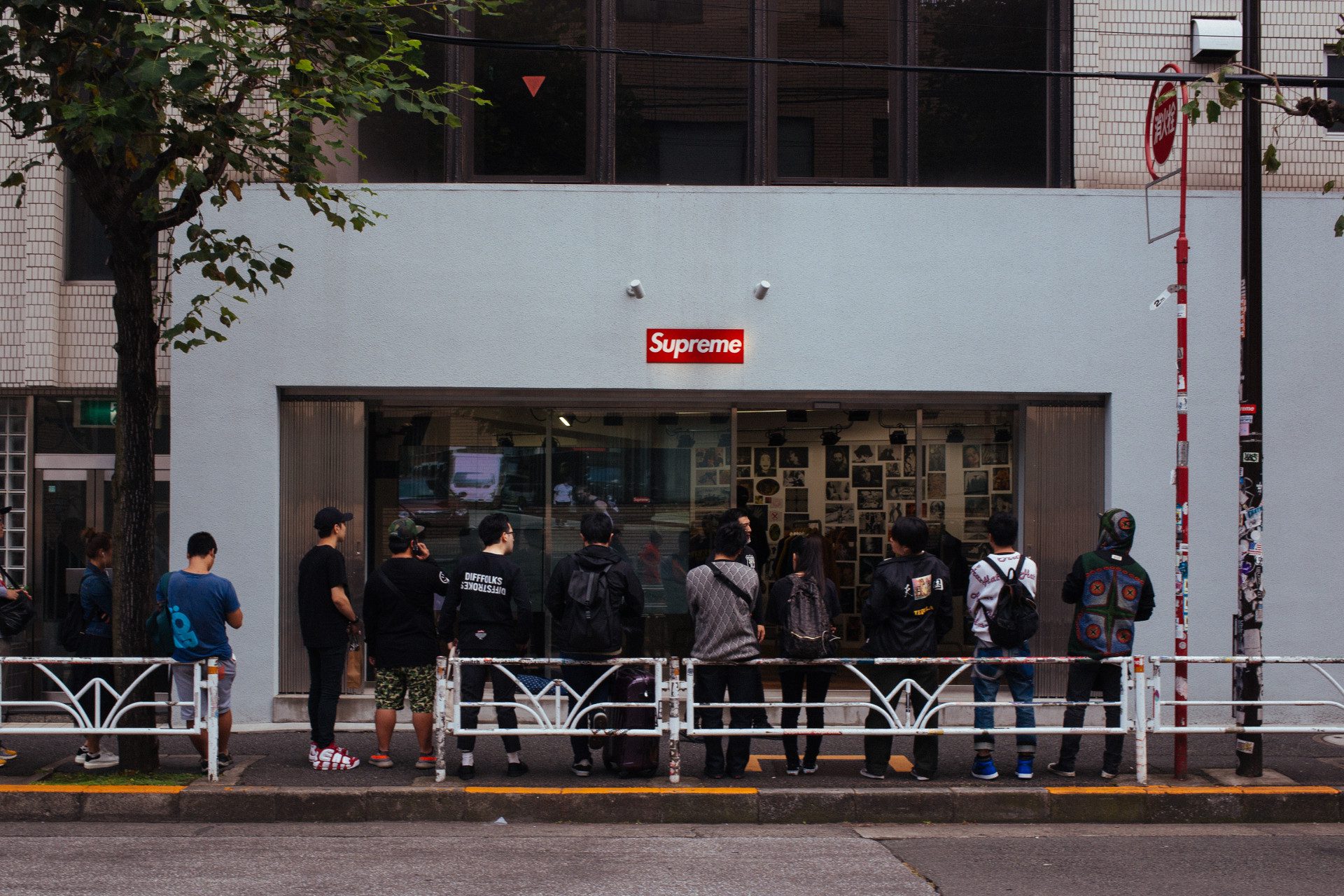

It simply doesn’t make sense that an industry supposedly built on the notion of careful craftsmanship would place such emphasis on hype, but unfortunately it is what it is. Clothes have become disposable no matter their cost, and therefore, rather than asking whether or not they come from a ‘conscious’ collection, what needs to be addressed is consumerism itself and, more specifically, fashion’s obsession with hype.
The destructively relentless cycle of collaborations, pop-ups, designer shows, and drops is, without a doubt, a major player in the industry’s overwhelming contribution to climate change. And it never stops. Even amidst a global pandemic, the idea that everything must be shareable, viral, and ‘of the moment’ continues to loom over us. There’s no escaping it, we buy new things for the sake of buying new things. We’re told it’s okay to upgrade our loungewear during lockdown when, in reality, we could very easily make do with what we already have in our wardrobes.
‘As an industry, we should be questioning how much of everything we make and thinking about what the product — and the cycle of product — means,’ says Tory Burch. ‘I hope that the system, which has to change as a result of all of this, will allow us to define what we do in a new way, in a different way. Less is more: That means everything now.’
Right now the problem is that even professionals can’t keep up as the hype carousel spins faster and faster, forced to churn out season after season of clothes that will eventually be discarded. Our treatment of these products as transient — here one second, forgotten the next — has already left a considerable mark on the planet that we may never recover from.









